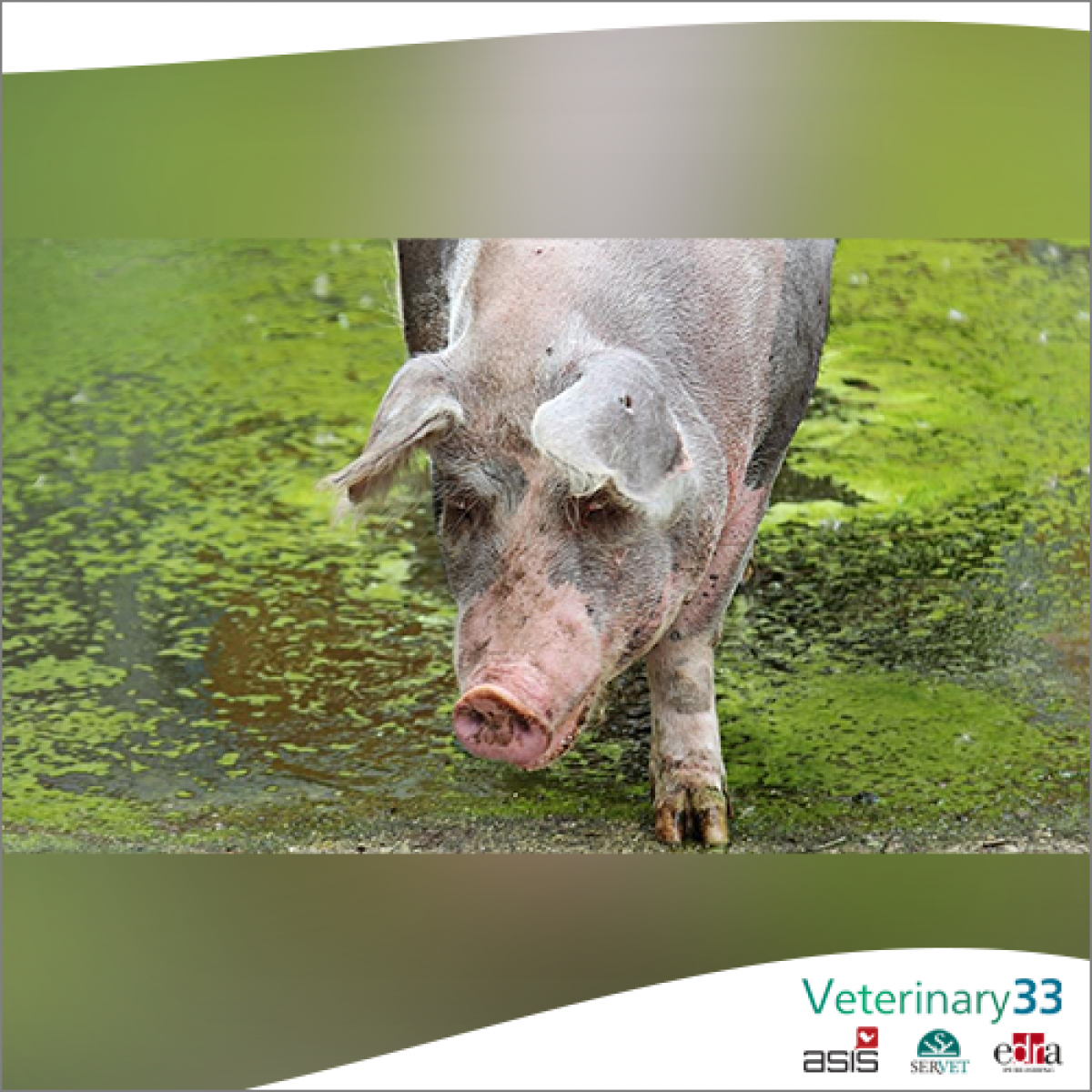The United States shows its “enthusiasm” for the successful results of a new vaccine against P.P.A.
A group of researchers from the Agricultural Research Service (ARS) of the United States Department of Agriculture has announced that one of the candidate vaccines against the African swine fever virus (ASF) in which they are working, called ASFV-G- DI177l, has been shown to effectively prevent and protect European and Asian breed pigs against the variant of the virus that is currently in circulation.
"We are excited that our team's research has resulted in the creation of candidate vaccines that can prevent and protect different breeds of pigs against the current ASF virus," stated ARS Administrator Chavonda Jacobs-Young. "These vaccines could play an important role in controlling the outbreak that threatens the global health of pigs."
The research has been published in the journal Transboundary and Emerging Diseases and shows that scientists have developed a candidate vaccine capable of being commercially produced while maintaining its vaccine efficacy against Asian strains of ASF when tested in European and Asian pig breeds. . The results also indicate that a commercial partner can replicate the results at the experimental level and prevent the spread of the virus.
The onset of immunity with this vaccine was revealed in approximately one-third of the pigs in the second week after vaccination, and full protection in all pigs was achieved in the fourth week.
Widespread impact and research around the world
African swine fever has had a widespread and deadly impact on pig herds in several Eastern European countries and throughout Asia. America has not yet suffered a major outbreak of the disease, although cases have been detected on the Caribbean island of Hispaniola, shared by Haiti and the Dominican Republic. A commercial ASF vaccine will be an important part of controlling the virus in outbreak areas.
Research groups around the world are working to find an effective ASF vaccine. In Europe, one of the most advanced projects is VACDIVA, in which the Veterinary Health Surveillance Center (VISAVET) of the Complutense University of Madrid (UCM) and the Animal Health Research Center (CISA-INIA) of the National Institute are involved in the Agriculture, Food Research and Technology. Its coordinator, Professor José Manuel Sánchez-Vizcaíno, recently explained in a workshop organized to present the project that he hopes to achieve the vaccine after years of work, and that at the moment, they had already achieved three prototypes with promising results, two for wild boars and one for pigs.
To date, ARS has successfully designed and patented five experimental ASF vaccines and fully executed seven licenses with pharmaceutical companies to develop the vaccines. ARS continues to evaluate additional commercial partners to develop these vaccines.









List
Add
Please enter a comment